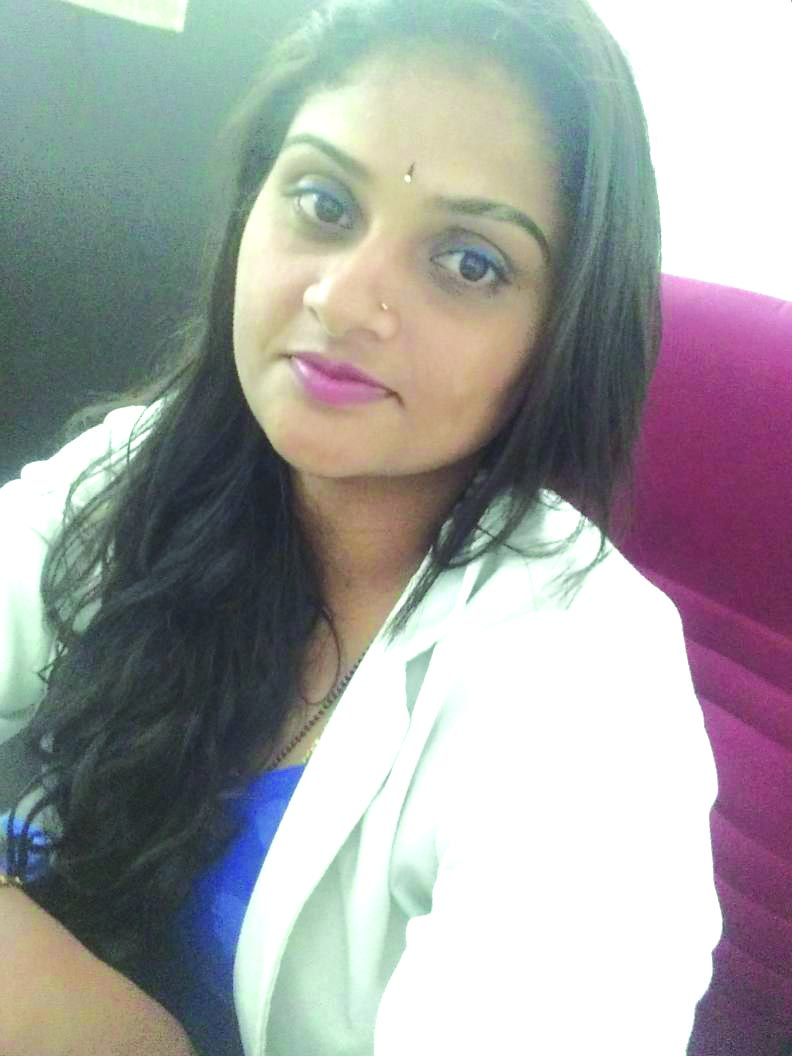
Dr. Ashmita Sudhakar
Dr. Ashmita Sudhakar is a dental surgeon, Akshaya Dental Care Centre, Bengaluru
My eight-year-old son has a tooth growing above the gums. I don’t know whether it will adjust as he grows up. Should I visit a dentist?
— Ranjana K P, Mumbai
Occasionally, malformed teeth sprout in children. A common cause is a retained deciduous tooth. A new tooth erupts and grows though the old one hasn’t fallen out. If the deciduous tooth does not fall out on its own, a dentist will suggest its removal to enable the new tooth to settle in correctly by itself. If it does not self-correct, further treatment will be required.
Another common reason of malformed teeth is thumb sucking or a child pushing her tongue against a tooth. In such cases, the child needs to be counselled to give up the thumb sucking habit. Usually, the problem can be self-corrected when identified early.
At seven-eight years, children experience a development spurt with the body producing growth hormones. At this time, it is easier to correct malformed teeth. Also orthodontics treatment is much more effective in correcting mal-positioned teeth and jaws during this time.
My child has just turned a year old. Many of my friends complain that their preschool-going children already have dental caries. I want my son to have a perfect set of teeth. Recently he got his two front teeth. Please advise.
— Beena Das, Bengaluru
Many young children develop dental caries because of lack of parental awareness about proper dental hygiene. Dental care should start as soon as the first tooth erupts. A common cause of caries in youngest children is milk or food residue. Infants often doze off after a feed, or sleep with the feeding bottle in the mouth. Milk layers remain in the mouth and damage teeth. The best way to avoid this is to wipe the gum pads of infants gently with a clean cotton pad or cloth after every feed.
Moreover you need to brush your infant’s teeth, even if there is only one, twice a day, with a soft baby brush or finger brush. Use a very thin layer of non-fluoridated toothpaste specially made for infants, which is safe even if swallowed. Also teach your child to spit out toothpaste by role modelling it. The ideal time for your first dentist visit is when your baby’s first tooth erupts. She will advise you on ways and means to prevent tooth cavities and decay.
My daughter is ten years old and her primary teeth are still falling out. I am worried why this is happening so late.
— Vineeta Shankar, Chennai
In some infants the first tooth erupt at six months, others after a year. Children who get their first teeth late may also shed them later. Usually primary teeth start falling at the age of five or six years. But they can continue till the age of 12 or 14 until all the primary teeth fall. There’s no cause for worry.
Also Read: Are commercial sanitary pads safe?























